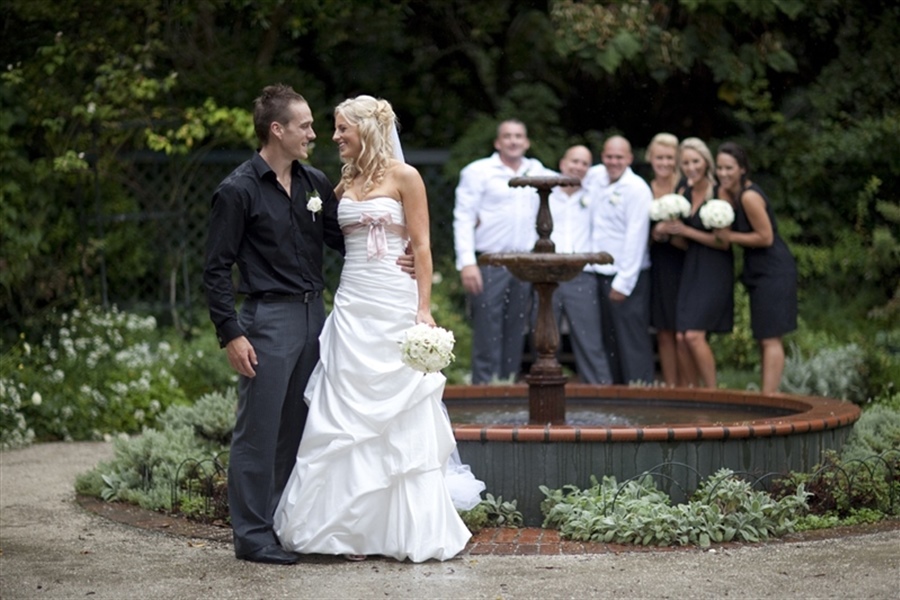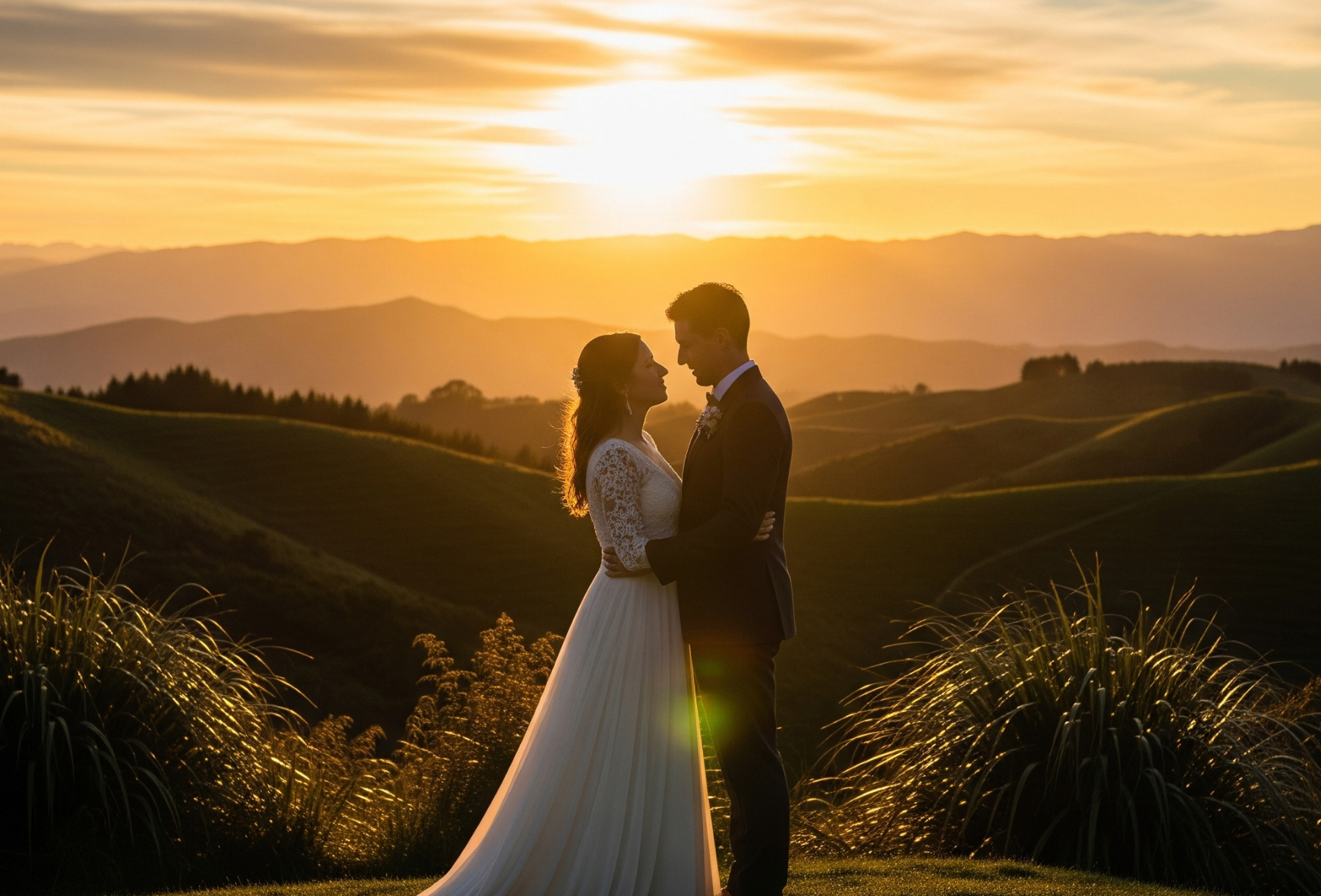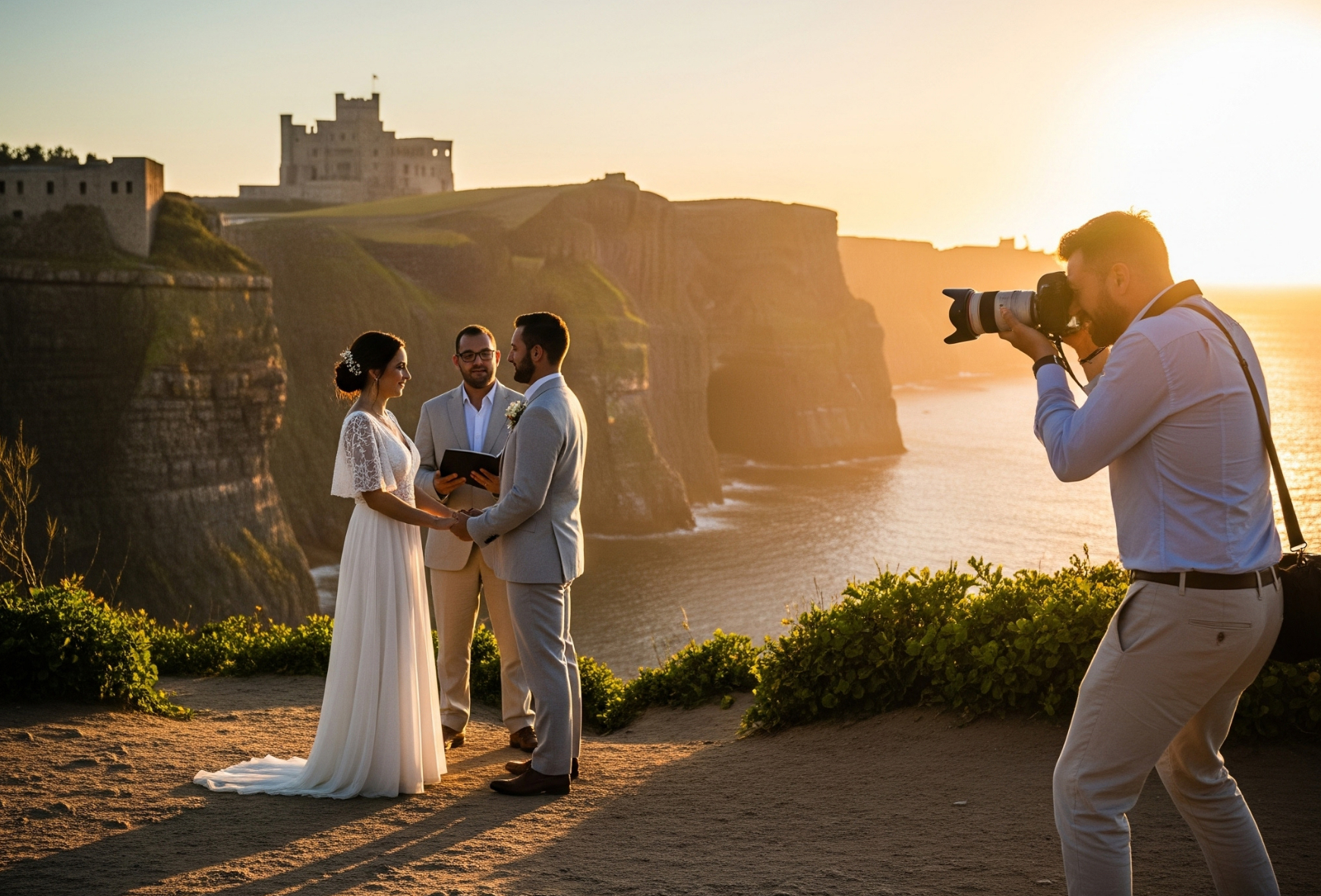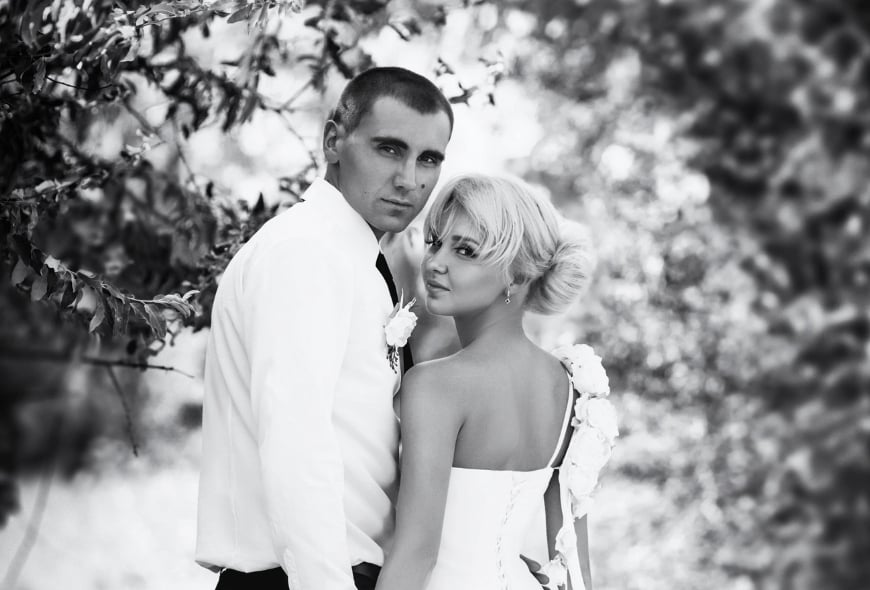
Photography should be on top of the list. It is one of the most important components of a wedding, giving you a lasting record of your day. Although photos may appear to be tiny glimpses of the day, they do help you to recall those special moments and people for your lifetime.
So, what is important?
1.What to look for in photographers.
• Are they PROFESSIONAL? Have they photographed weddings before? Do they have any qualifications or awards? How do they present themselves, are they well groomed?
• Are they ORGANISED? Get a list of references from the photographer and check them out personally. Check to see if he or her is punctual and organised. A good photographer will help with the timing of the day. Sometimes they need to take control to keep things running on time. You will thank them for it later.
• What is their PERSONALITY like? Do you get along? Make time to meet your potential photographer. Arrange a meeting to discuss packages and prices. This is a great opportunity to talk and get to know one another. Confirm that the person you deal with will be the actual photographer on the day. If not, be certain that you know which photographer is going to be there and that you see his or her work and meet individually face to face.
• Do you like their STYLE? There are many types of wedding photography. Some couples prefer formal, posed images, while others enjoy a more casual approach, whereas others are attracted to dramatic landscapes or more artistic images. Most photographers have a website. This is a great place to research a photographer’s style.
• What EQUIPMENT do they use? Most professionals will have the equipment needed to photograph in low light situations. Tripods, flashes and cameras able to cope with dark interiors like churches. They should also have back up equipment with them.
2.
Have PRIOR APPROVAL for use of locations intended for the photo shoots. Some public locations can only be used if approved and sometimes paid for. If you are being married in a church confirm it is okay to photograph during the service.
3.
Have a PLAN B for wet weather. If possible go on location with the photographer before the wedding to discuss options. It is easier than dealing with this on the day when you have time constraints.
4.
Have a PRE-WRITTEN LIST of group photos wanted. Give a copy to the photographer or the assistant if there is one. Advise the photographer if there are any situations that need to be avoided.
5.
Have a DEDICATED PERSON responsible for organizing the guests for the group shots. This will speed up the photos and you will be able to get to the other guests quicker.
6.
Be clear on the PRICE, including reprints and albums. Is the photographer within your budget? If not, is he or she worth the price difference? Sometimes that little bit more can mean the difference between being happy with the final results and being very upset.
7.
Be clear on the PACKAGE. Questions to ask. How many hours will the photographer give you on the day? How many photographers? Does the price include an assistant? How many images and at what quality? Is a slideshow or video included? Will the photographer process and touch up the photos? If so. how many? Is the package flexible or fixed? Sometimes they can be customized, ask.
8.
Be clear on HOW LONG it will take the photographer to get the processed images to you following the wedding? After the photos are taken there is still a lot of work to be done by the photographer to get the images to a finished state. The photographer will need a reasonable amount of time to adjust and touch up the images. Even longer if they include some special photo-shopped images or a slide show.
9.
Before signing a CONTRACT, make sure that you understand what you aresigning. Is it fair? Read it ALL.


